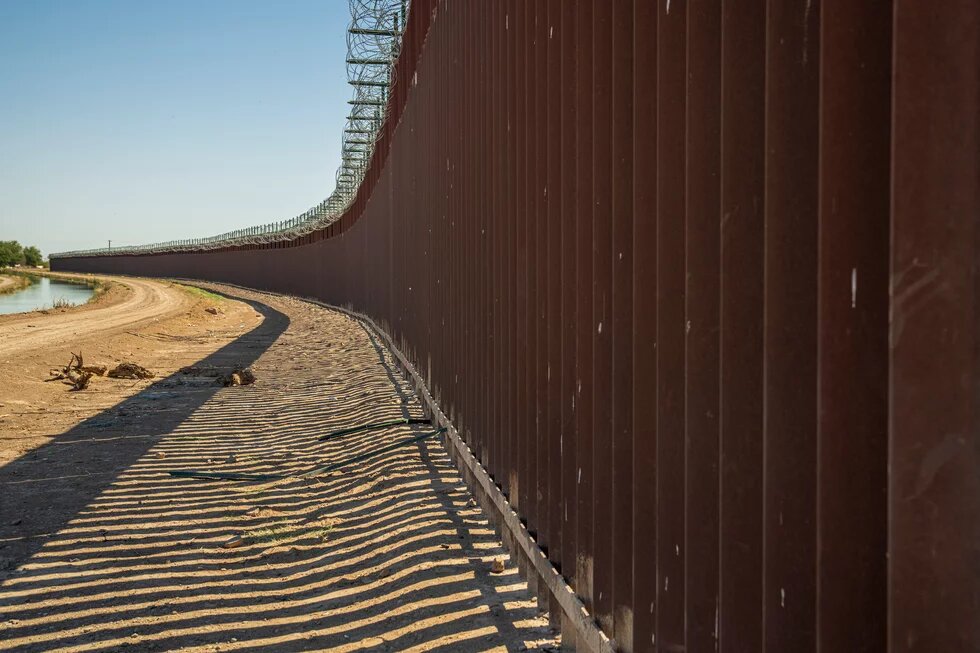While the number of so called “pushbacks”, illegal refoulements of people in need of protection at EU borders is on the rise for years now, thankfully the number of legal action against those practices is rising too. Often those legal actions do not remain on the national level but lead to cases on the EU level and there are positive examples on both levels of the courts’ rulings bringing the survivors of border violence at least some justice.

Justice for the survivors and upholding Rule of Law in Europe
In early 2014, eight children and three women from Syria and Afghanistan drowned off the Greek island of Farmakonisi as the result of a pushback by the Greek coastguard. This was fought legally and the European Court of Human Rights found the Greek State indeed responsible for the deaths of these 11 people, so that after eight years and numerous courts, the 16 survivors were to receive compensation from the Greek State. In 2017 the Croatian based NGO “Centre for Peace Studies” took the case of Madina Hussiny and her family, a six-year-old Afghan asylum seeker who died as a result of a pushback from Croatia into Serbia to national courts. After unsuccessful litigation attempts in domestic courts, in November 2021 the European Court of Human Rights found that the Croatian state had violated her and her family’s rights. In 2020, the civil initiative InfoKolpa based in Slovenia represented a Cameroonian asylum seeker who had been pushed back from Slovenia to Croatia and subsequently to Bosnia and Herzegovina to find remedy in Slovenian national courts. His case was also decided in favour of the applicant.
Best practices and lessons learned with view to legal action
“Centre for Peace Studies and InfoKolpa are member organisations of our partner organisation “Border Violence Monitoring Network” (BVMN). BVMN has member organisations based in 7 countries along the so-called Balkan Migration Route and the Networks’ legal work commenced through its member organisations in the relevant locations. The Network seeks to support its members in developing common and cohesive strategic litigation actions in these contexts and for this purpose had the idea to collect information in the context of a database, that would form a repository of existing case law on pushbacks, documenting legal strategies and judgements from national and international courts and tribunals on pushbacks and border violence. The idea was to create a virtual space for comparisons of argumentation, sharing of best practice, and support in upcoming cases of strategic litigation.
As Heinrich Böll Stiftung our regional migration programme indeed seeks to enhance capacities and resilience of people on the move and those in solidarity with them through networking, mutual learning and synergies across borders. Therefore, we try to connect and thereby strengthen civil society throughout the region, which is why we were very fond of the idea of creating a database of law cases. We supported its creation with a regional workshop for exchange on lessons learned and best practices, which we hosted in our premises last year in Thessaloniki and with further support to BVMN for the collection and compiling of cases. With an initial collection of over 150 cases from all over Europe, the database was recently launched on the BVMN website.
The database is an open, living resource that compiles pending cases and judgments from national courts, the European Court of Human Rights, the Court of Justice of the EU, and from UN Committees. The cases gathered relate to non-refoulement, pushbacks, summary expulsions, collective expulsions and, in general, to border violence.
BVMN manages the database and they are ready to receive new cases at legal@borderviolence.eu.
As Heinrich Böll Foundation we hope for this database to contribute to the existing case-law at the European Court of Human Rights and encourage the creation of case-law in line with an interpretation of the Convention inclined to safeguarding rights and extending positively the interpretation of the Articles in cases of pushbacks and human rights violations at borders. And we hope that this collection of cases will be actively used by practitioners and support their work to find redress for People on the Move through legal action.